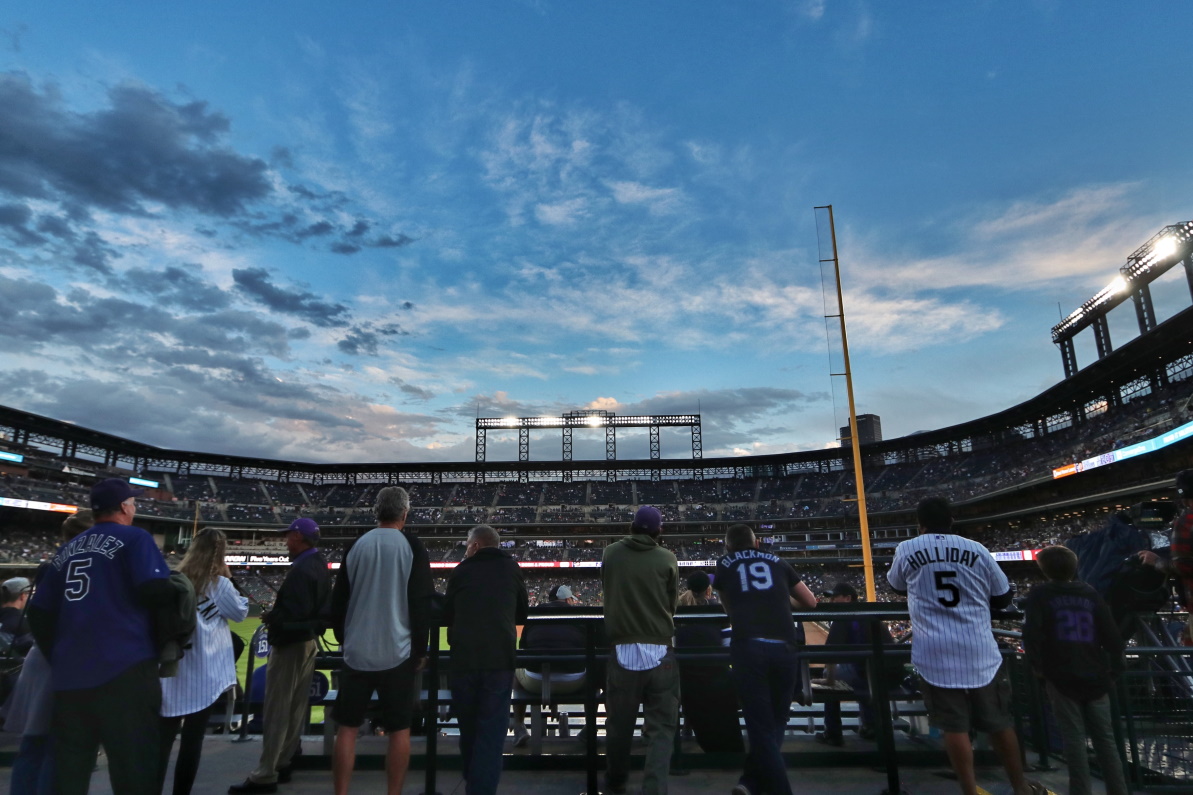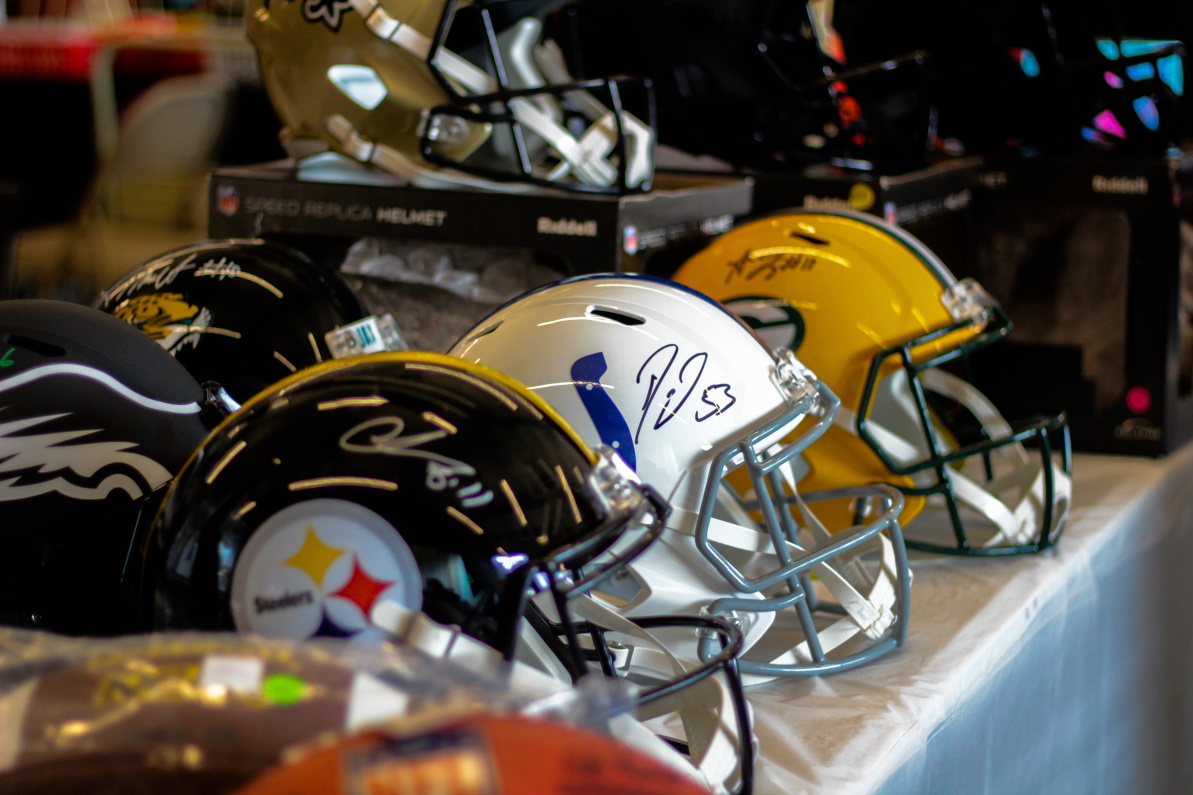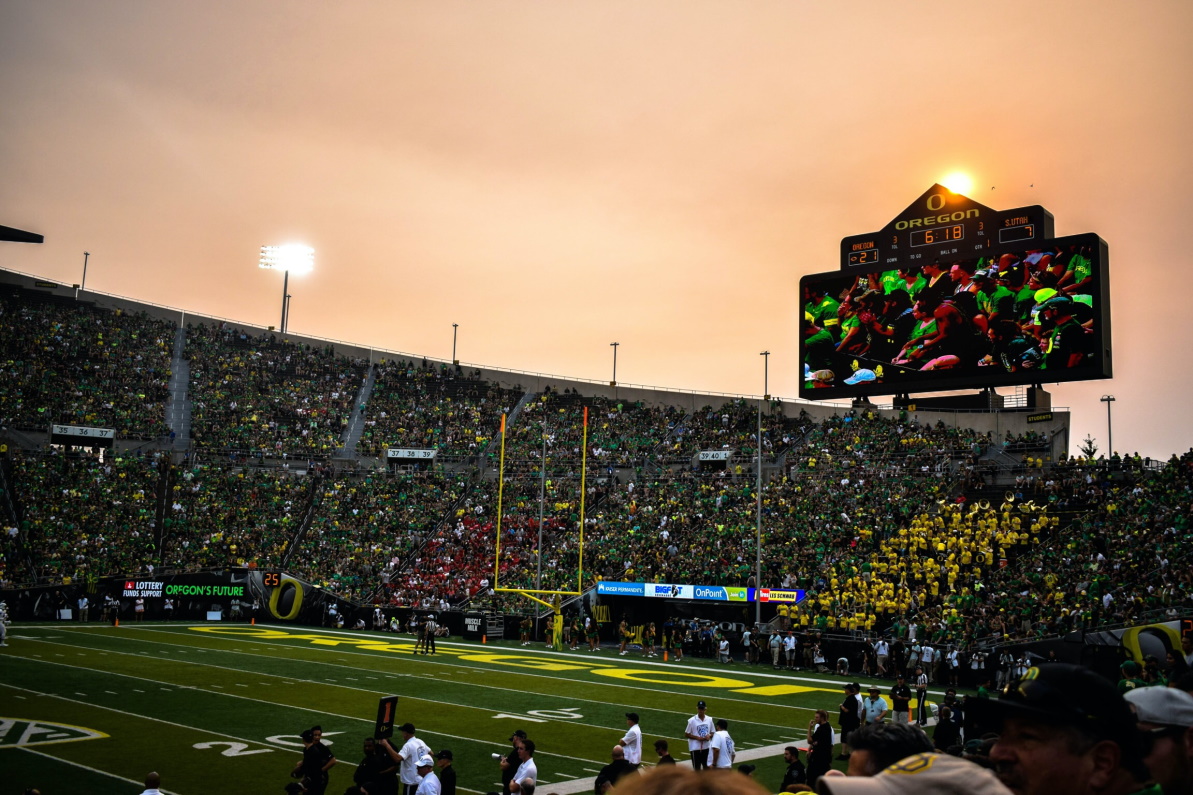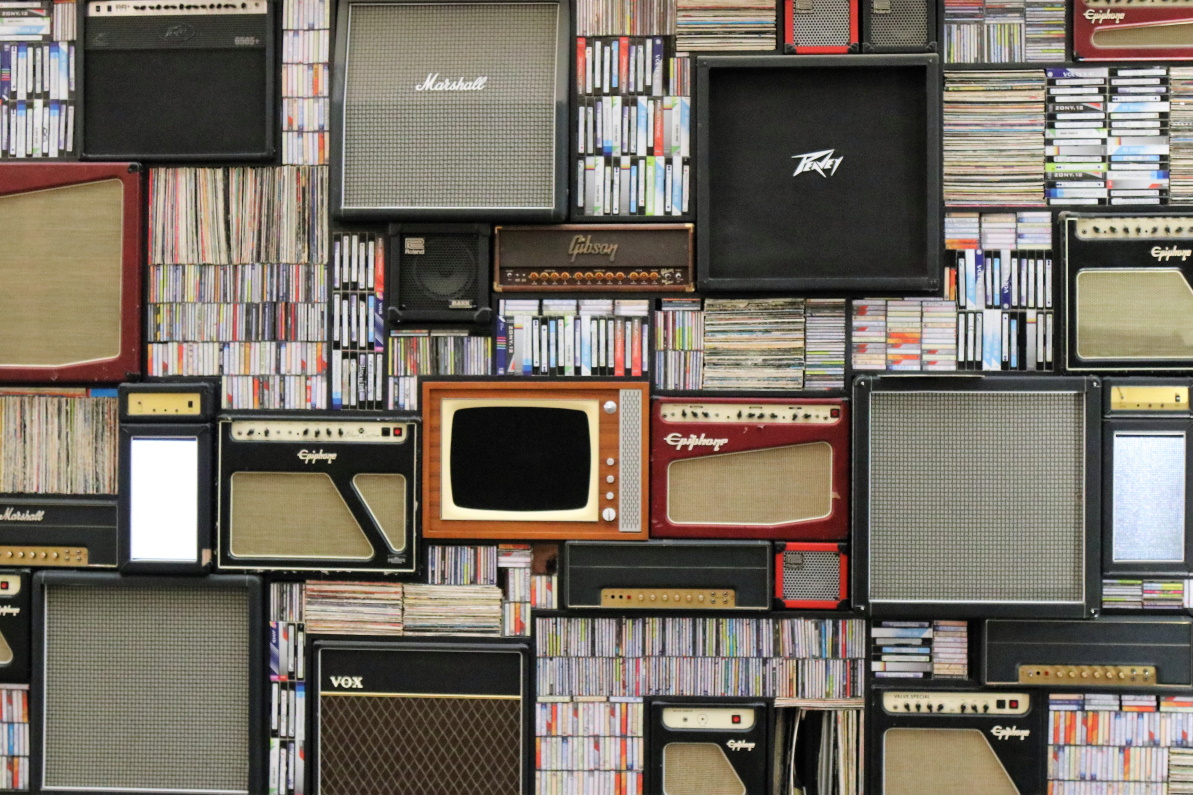Sports and Blockchain: How Web3 Is Helping Franchises Find New Success
From NFTs (non-fungible tokens) of trading cards to virtual pre-game events, sports and blockchain projects have become natural partners in the past few years. Sports franchises have much to gain from Web3, including unprecedented revenue and fan engagement opportunities, and sports blockchain companies are eager to help. Here’s how some sports teams are using blockchain technology to reach new markets.










